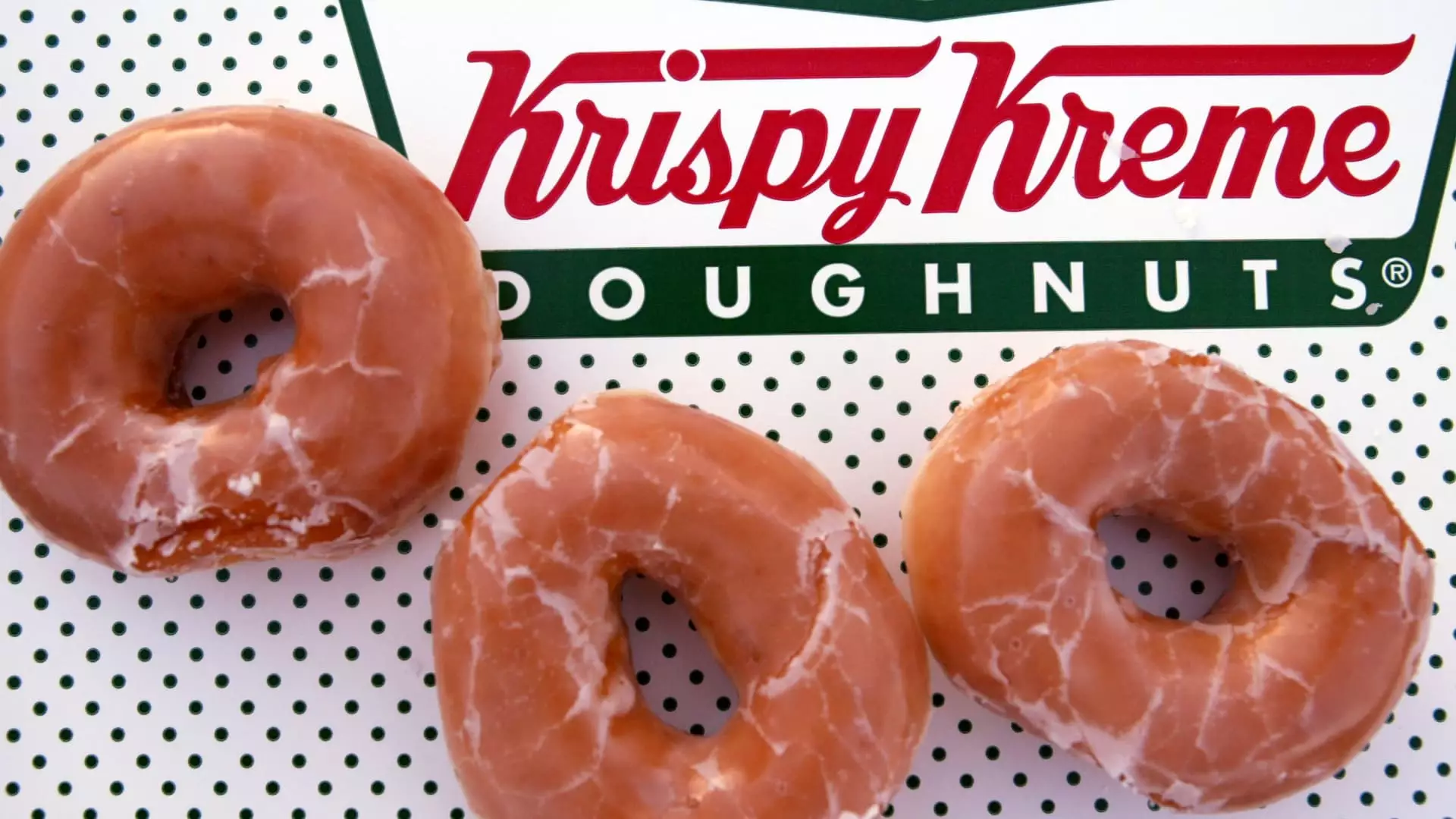In recent times, the investing world has experienced a seismic shift fueled by the relentless enthusiasm of retail traders, predominantly active on social media platforms like Reddit. What was once considered a realm dominated by institutional investors is now increasingly influenced by the collective voice of everyday traders armed with a meme-inspired strategy. This democratization of market influence has sparked a new era where stocks like GoPro and Krispy Kreme are propelled into the limelight not through traditional financial metrics but via viral hype and social validation.
The recent surge in stocks such as GoPro and Krispy Kreme underscores the disruptive potential of meme culture. Both companies have been languishing in obscurity—GoPro, a gadget maker struggling with declining sales and underwhelming growth, and Krispy Kreme, a niche player in the saturated food industry. Yet, this narrative shifts dramatically when online communities latch onto these stocks, turning them into symbols of high-risk, speculative bravado. The phenomenon reveals a shift in the dynamics of investing: it’s less about fundamentals and more about collective psychology and shared narratives.
The Power of Collective Hype and the Psychology of Risk
What drives these retail traders? Their crusade is rooted in the thrill of the gamble, the allure of outsized returns, and a rebellious urge to challenge traditional market elites. By rallying behind underperforming stocks with high short interest, these investors create a feedback loop—driving prices skyward and attracting media attention. Such actions demonstrate an astonishing level of influence, regardless of a company’s underlying health.
However, this culture of reckless optimism isn’t without its pitfalls. High short interest stocks like Krispy Kreme and GoPro become battlegrounds for speculative combat, where conviction is often replaced with FOMO (fear of missing out). The phrase “YOLO DNUT” captures the essence of this ethos—”you only live once,” a rallying cry for those risking it all on a single trade. While some may view this as empowering, it also exemplifies a dangerous detachment from financial fundamentals and risk management.
Market Implications and Broader Economic Sentiment
These meme-driven episodes take place amid a broader market environment characterized by record highs and optimism. Just days earlier, indices like the S&P 500 reached new peaks, buoyed by seemingly positive economic data and relief over international tariff developments. The collective belief that the economy is resilient fuels speculative behavior—even when underlying risks remain substantial.
Yet, is this enthusiasm sustainable? Optimists argue that the upbeat economic backdrop justifies high-risk trades, but skeptics warn that a heavy injection of speculative fervor can distort market realities. As the WallStreetBets community continues to wield outsized influence, it challenges conventional notions of valuation and risk assessment, raising questions about the stability of financial markets in an era driven more by memes than fundamentals.
Ultimately, the recent meme-stock frenzy exemplifies the profound transformation unfolding within financial markets—one driven by social media, collective psychology, and a willingness to embrace risk. While it injects excitement and democratizes investing, it also threatens to undermine the rationality that once underpinned market stability, signaling a future where volatility and unpredictability may become the new normal.

